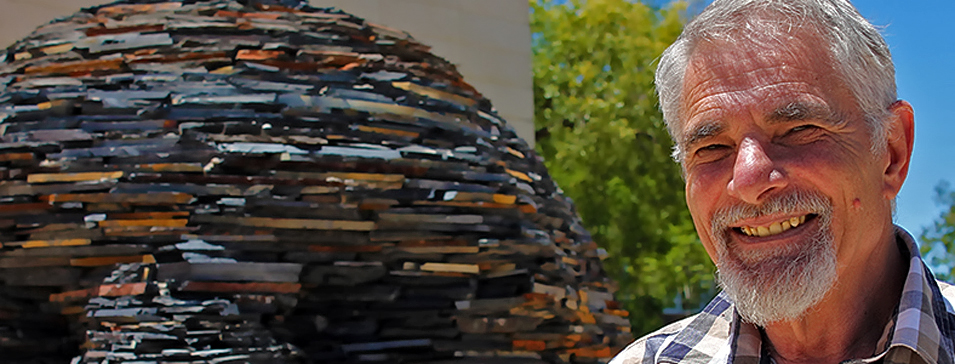Latest News Archive
Please select Category, Year, and then Month to display items
01 October 2019
|
Story Xolisa Mnukwa
|
Photo Xolisa Mnukwa
 From the left; Gift Taku, 2019 Doty winner; Reabetswe Mabine, Doty Coordinator Tshepo Zweni, first runner-up and Jacobeth Selinga, second runner-up
From the left; Gift Taku, 2019 Doty winner; Reabetswe Mabine, Doty Coordinator Tshepo Zweni, first runner-up and Jacobeth Selinga, second runner-up
The votes have been tallied, and after much deliberation, the UFS is proud to announce Gift Taku as the winner of the 2019 KovsieGear Designer of the Year (DOTY) Competition!
Tshepo Zwane and Jacobeth Selinga won second and third place respectively, with innovative designs that complied with the assessment requirements, based on originality of the design, adherence to the brand guidelines, creativity, and other criteria.
Gift’s design triumphed with 845 votes on the UFS KovsieLife webpage, as well as in the presentation in front of a judging panel.
Since 2016, KovsieGear has been discovering local (UFS staff and students) graphic designers and giving them a platform to showcase their work through DOTY, which runs annually. The aim of the competition is to support local talent by giving entrants an opportunity to come up with creative designs that are unique to the university and which will be used on limited-edition apparel in the store, as well as getting featured in the KovsieGear catalogue.
The competition has since fashioned the best clothing-logo designs the university has ever seen and continues to motivate and empower students to make positive contributions to the Kovsie campus culture and brand.
For more information about DOTY contact Reabetswe Mabine at MabineR@ufs.ac.za
The winning design by Gift Taku:

UFS an institution of choice for the most gifted academics
2013-12-05
 |
| Prof Rob Gordon |
Two lecturers at the University of the Free State’s (UFS) Department of Anthropology proved once again that the UFS is indeed an institution of choice for some of the most talented and gifted academics in the country.
Prof Rob Gordon was co-author of the book “Recreating first contact,” which explores how adventure travel, which emerged during the early twentieth century, influenced popular views of anthropology.
It was in this period that new transport and recording technologies, particularly the airplane and automobile and small, portable, still and motion-picture cameras, were used in various expeditions to document the last untouched places of the globe and bring them home to eager audiences.
These expeditions were frequently presented as first contact encounters and enchanted popular imagination. The book further explores the effects – both positive and negative – of such expeditions on the discipline of anthropology itself.
Dr Riana Steyn was co-author of the first Afrikaans play by Athol Fugard, “Die Laaste Karretjiegraf.”
The play focuses on the Karretjie people, itinerant sheepshearers in the Karoo who are direct descendants of South Africa’s first inhabitants. Doing research on the Karretjie people, he came across a master’s thesis in Anthropology by Dr Steyn, who gave him access to her work and eventually co-wrote the play with him.